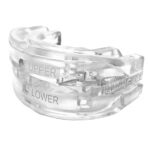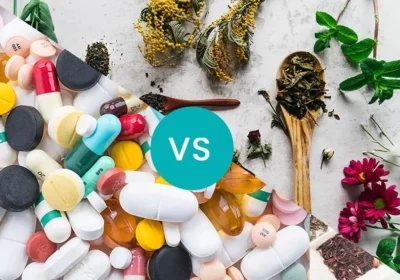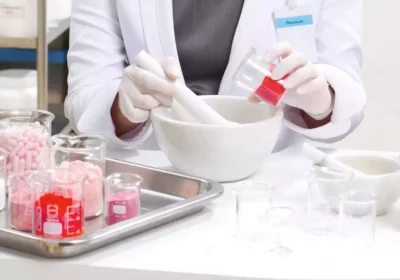
Debunking Common Myths about Over-the-Counter Medications
Over-the-counter (OTC) medications are easily accessible, and many people rely on them to treat minor ailments. However, there are various misconceptions surrounding these drugs that can lead to confusion and potentially harmful choices. In this article, we will debunk some of the most common myths about over-the-counter medications.
Myth #1: Over-the-counter medications are always safe
While OTC drugs are generally considered safe when taken as directed, they can still have potential risks and side effects. The safety of an OTC medication depends on various factors, including the dosage, the frequency of use, and the individual’s medical history. Some OTC drugs may also interact with prescription medications or exacerbate pre-existing medical conditions.
Myth #2: Over-the-counter medications are not as effective as prescription medications
OTC medications can be just as effective as prescription drugs for treating minor health problems. For instance, pain relievers like ibuprofen and acetaminophen can effectively alleviate mild to moderate pain, and antihistamines can help relieve allergy symptoms. OTC medications are also more accessible and affordable, making them a practical option for many individuals.
Myth #3: It is okay to share over-the-counter medications with others
Sharing medications, even OTC drugs, can be dangerous and is not recommended. Everyone’s health needs and medical history are different, and what may be safe and effective for one person may not be for another. Sharing medications can also lead to medication errors, incorrect dosages, and potentially harmful interactions.
Myth #4: It is safe to mix multiple over-the-counter medications
Mixing multiple medications, whether they are OTC or prescription drugs, can be dangerous and lead to adverse reactions. Some OTC drugs may interact with each other, leading to unexpected side effects. It is essential to read labels carefully and speak to a healthcare professional before taking multiple medications.
Myth #5: All over-the-counter medications are available in Canada
While Canada has an excellent healthcare system and a robust pharmaceutical industry, not all OTC drugs are available in the country. Some medications may be available in other countries but not in Canada, and vice versa. If you cannot find a specific OTC medication, speak to a healthcare professional or a reputable Canadian pharmacy to explore other options.
Myth #6: Over-the-counter medications are always cheaper than prescription medications
While OTC medications are generally more affordable than prescription drugs, this is not always the case. Some OTC medications can be expensive, particularly if they contain specialized or rare ingredients. It is also worth noting that insurance policies may cover some prescription medications but not OTC drugs, which can impact the overall cost.
Conclusion
Over-the-counter medications are a convenient and practical option for treating minor health problems. However, it is essential to understand that these drugs are not always safe or effective for everyone. By debunking common myths about OTC medications, individuals can make more informed choices about their health and well-being.
It is important to read labels carefully, speak to a healthcare professional or a reputable Canadian pharmacy, and avoid sharing or mixing medications. With the right information and guidance, OTC medications can be a useful tool for managing minor health problems and improving overall health and well-being.

















